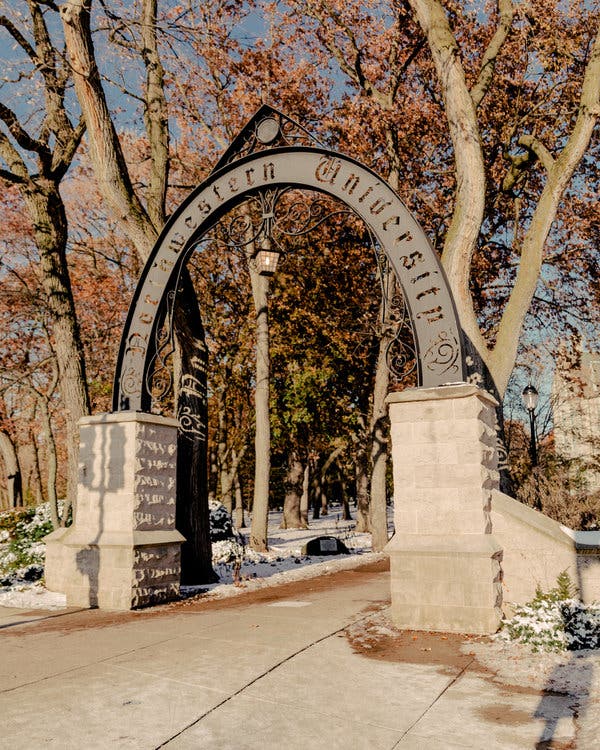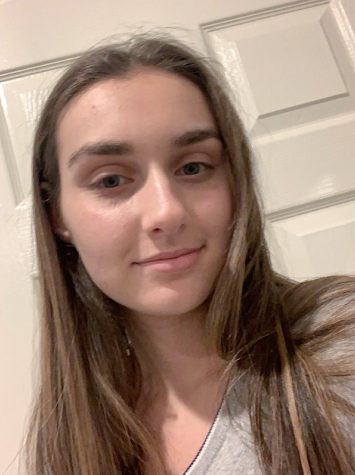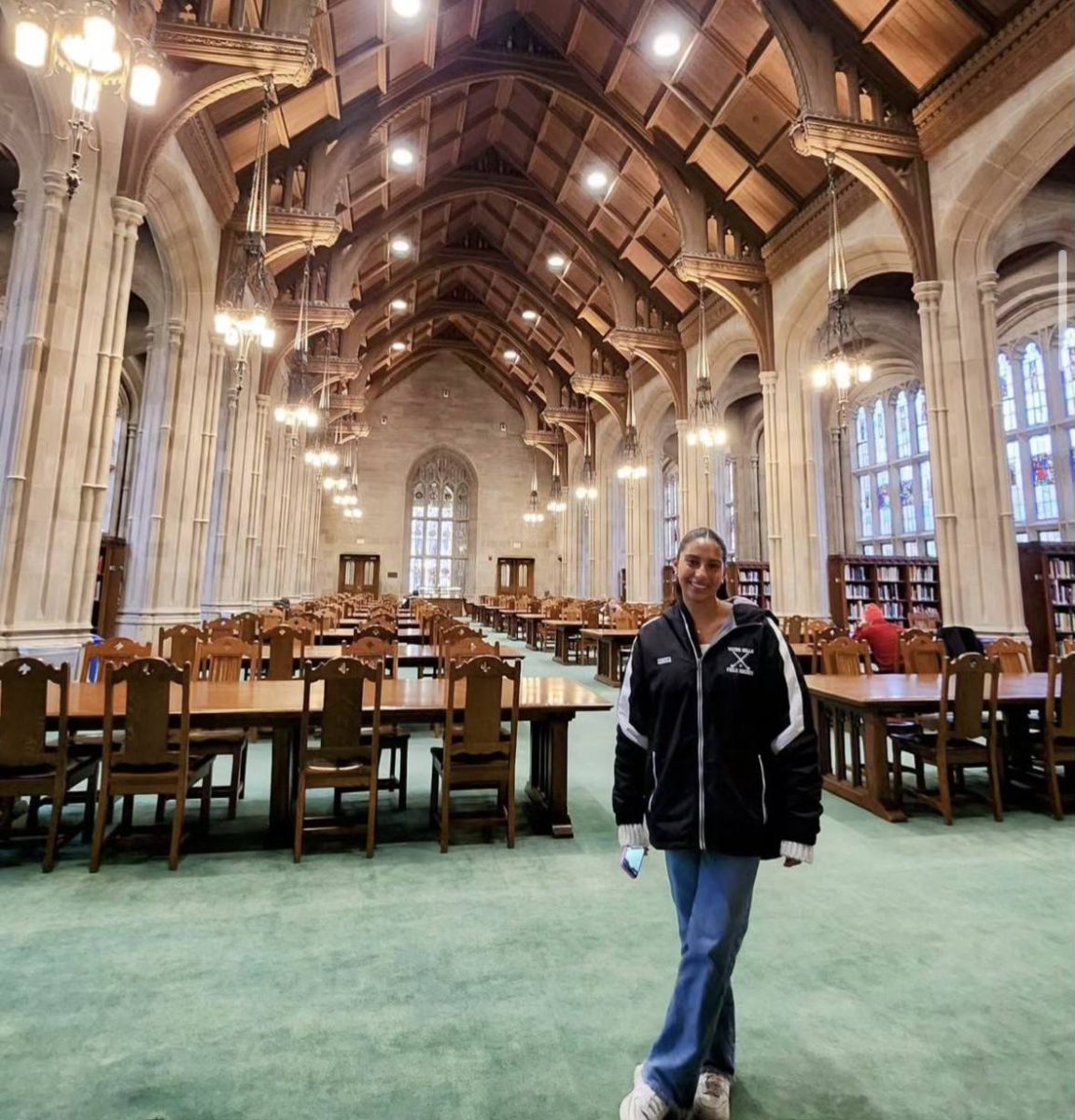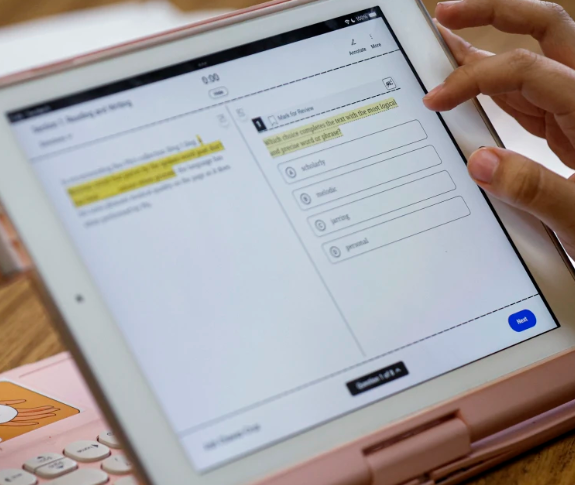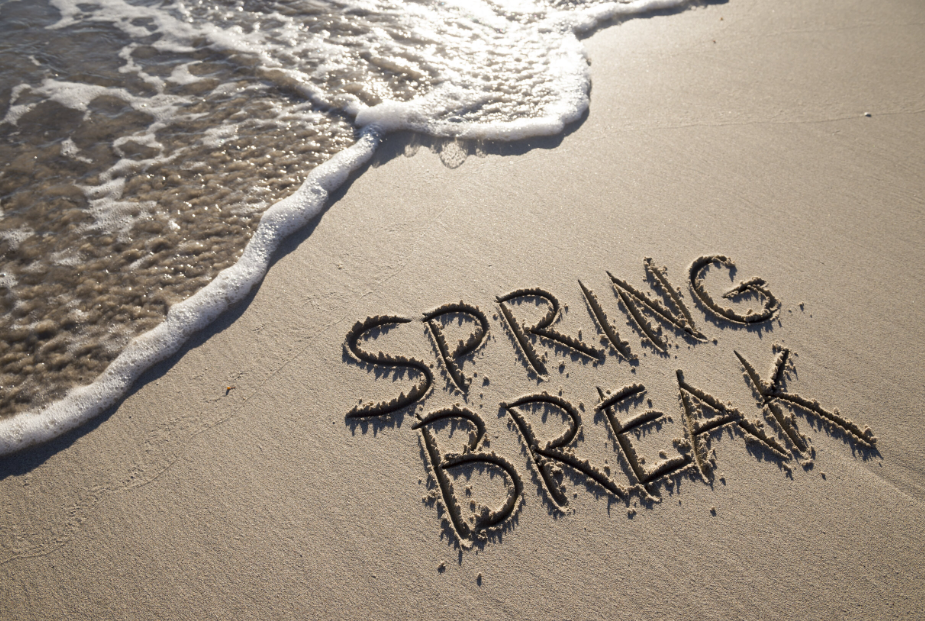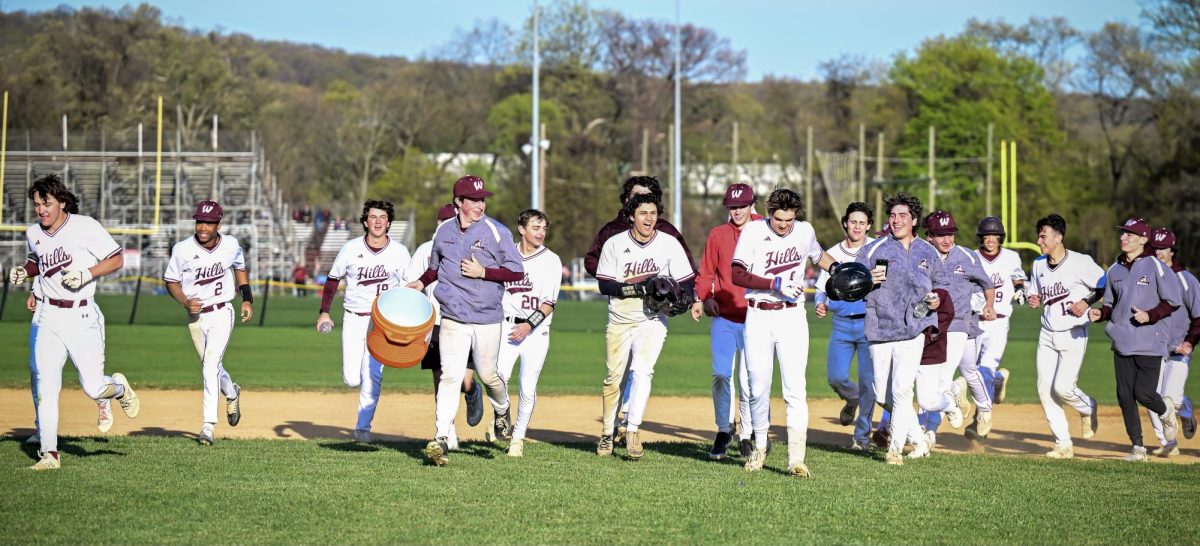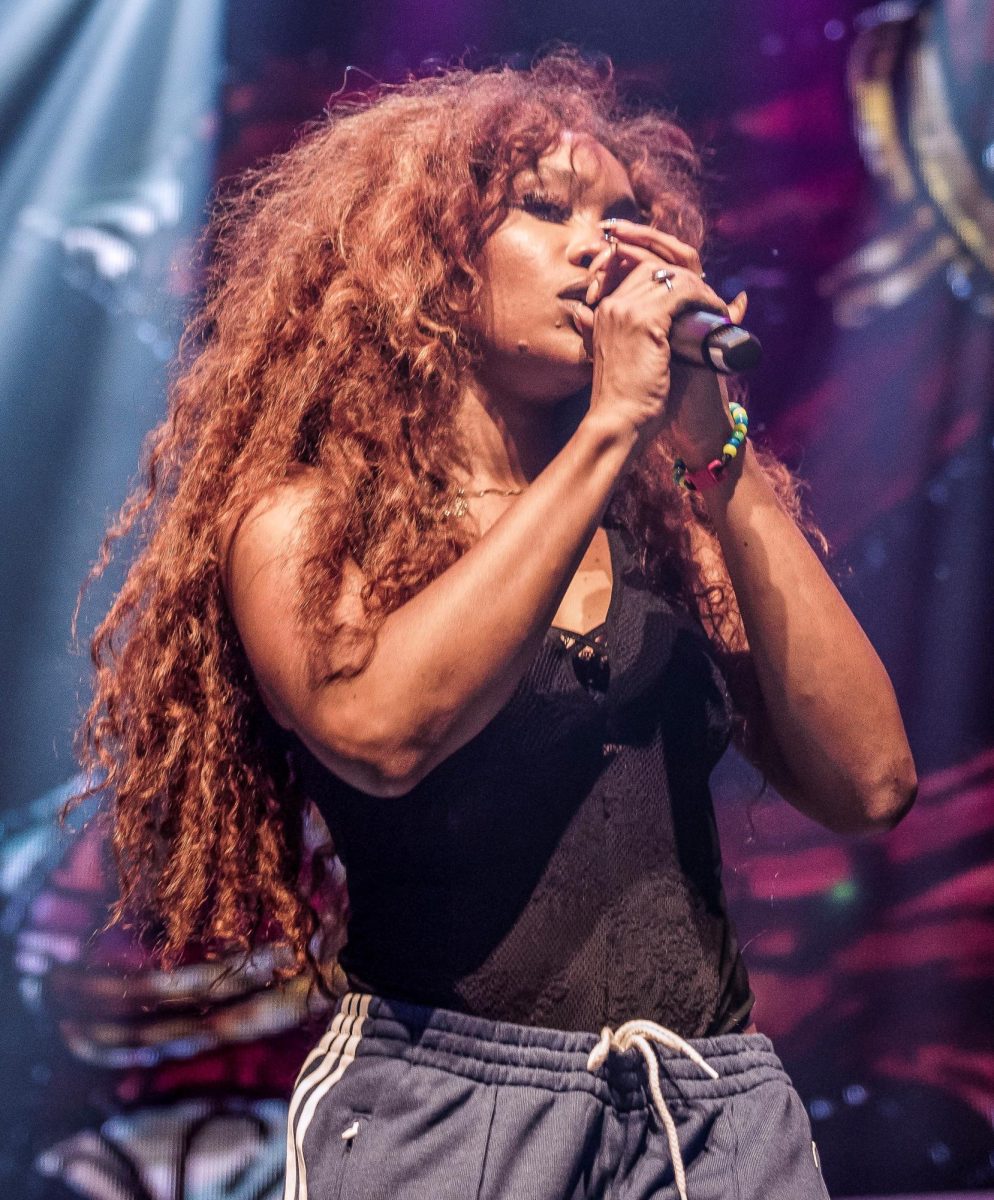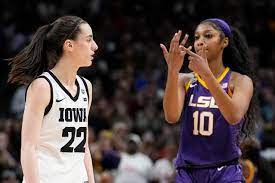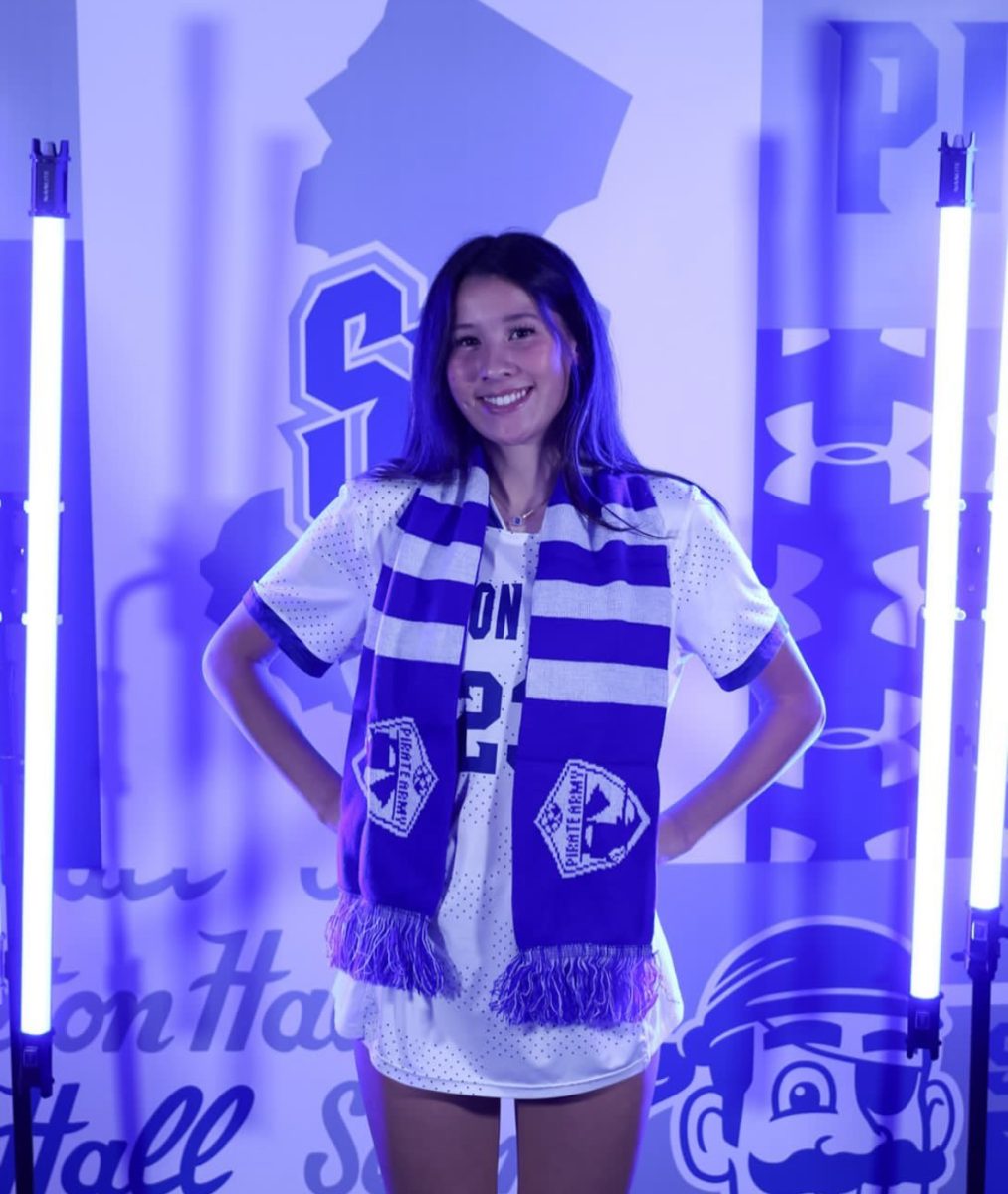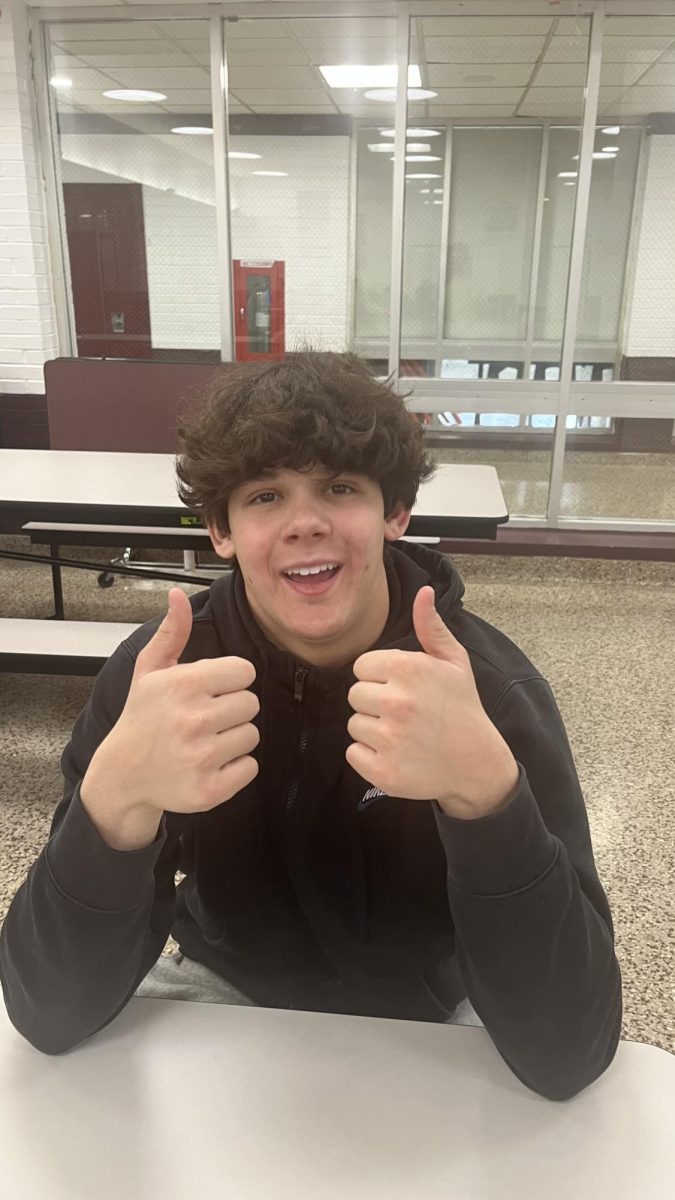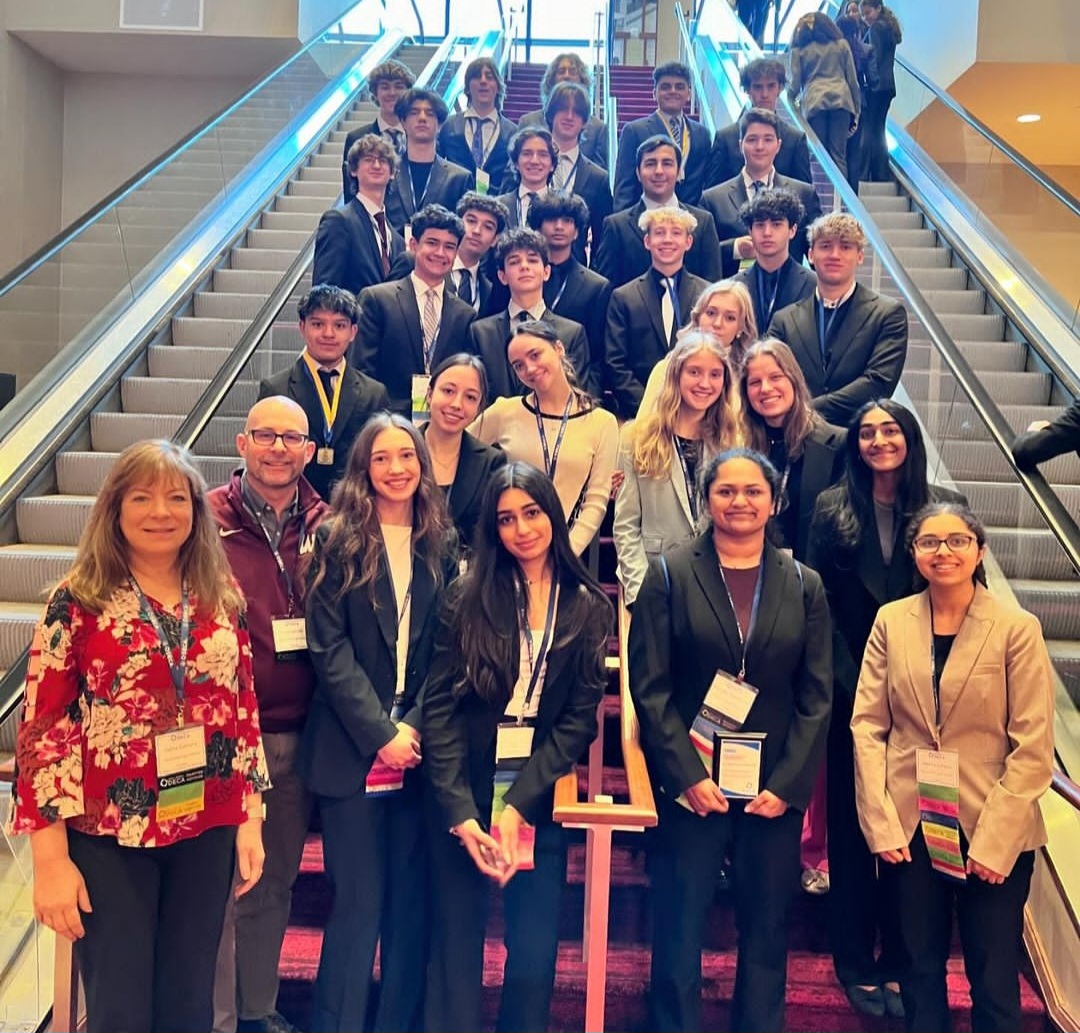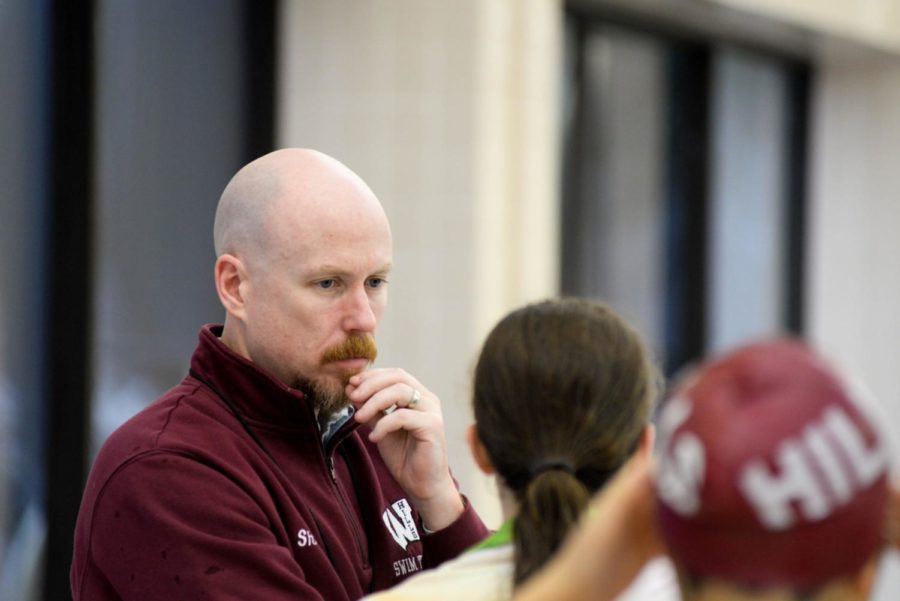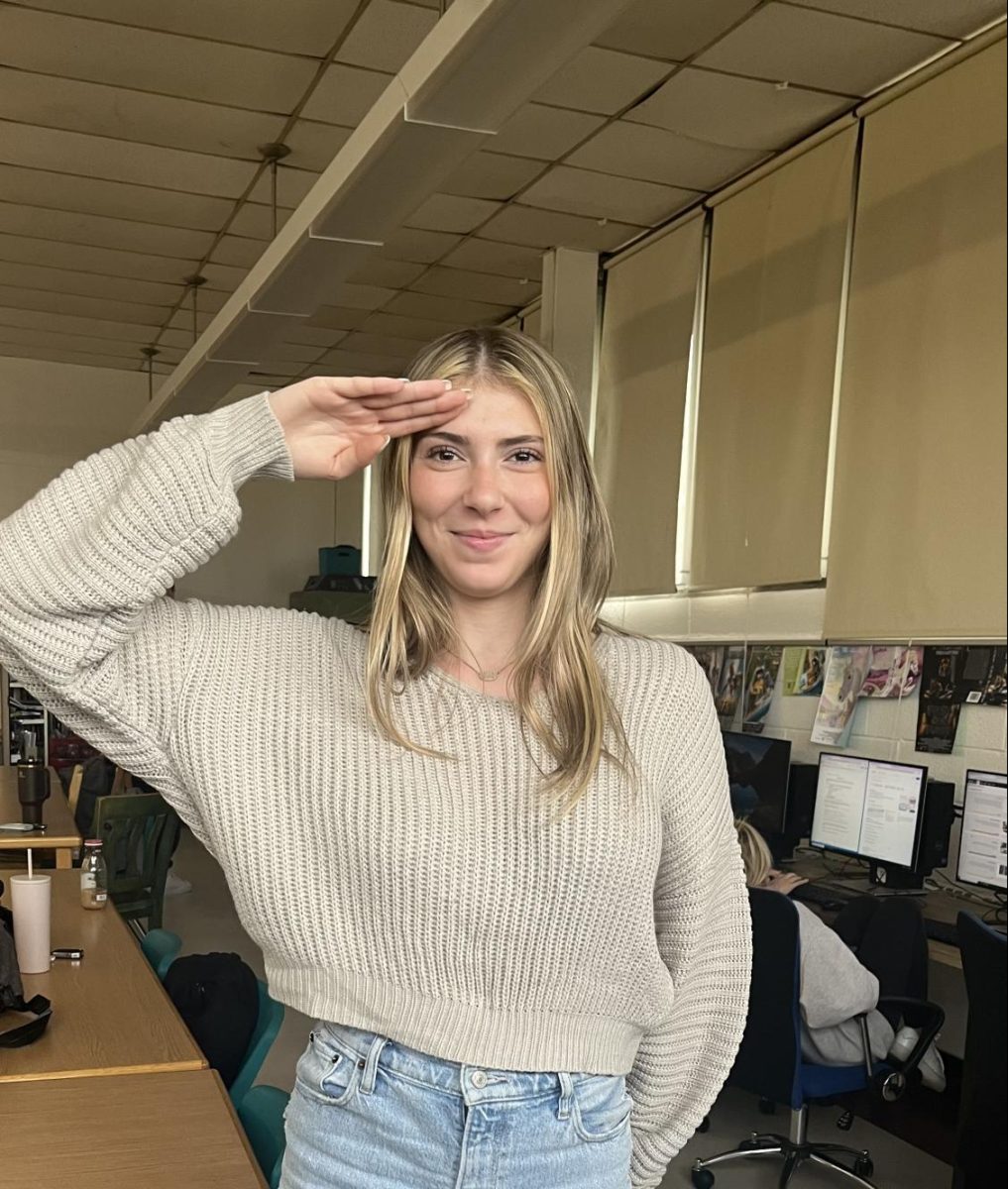Northwestern University Journalism Controversy
December 6, 2019
Should student journalists ignore the broadly accepted standards of journalism to meet the demands of sensitive student activists?
As a student journalist myself and an advocate of the First Amendment, the answer is clearly no.
Earlier this month, former Attorney General Jeff Sessions spoke on campus at Northwestern University College Republicans Event. The University’s student newspaper, The Daily Northwestern, sent reporters and a photographer to cover Sessions’ talk and the students protesting the event in objection to the Trump administration’s treatment of immigrants.
As student protesters pushed through a back door of the building that held Jeff Sessions event, the police confronted them, but were unsuccessful in blocking them from entering. Colin Boyle, the photographer sent to cover the protest, captured the event as part of his job to document the protest.
When one of the student protesters saw an upsetting photo of herself on his Twitter feed, she addressed him directly.
“Colin please can we stop this trauma porn,” she wrote on Twitter. “I was on the ground being shoved and pushed hard by the police. You don’t have to intervene but you also didn’t have to put a camera in front of me top down.”
Shortly after Mr. Boyle deleted the picture in response to the student’s tweet, the editors at The Daily Northwestern published a lengthy, nine-paragraph statement apologizing for the way it covered the event and protest; specifically, they apologized for their journalists having posted photographs of the protesters on social media, and for using the school directory to try to contact students.
This response sparked a national outrage. Prominent journalists and NU alumni have ridiculed the apology, saying that The Daily was essentially apologizing for carrying out the practices of standard journalism.
Glenn Klessler, a journalist for the Washington Post, took to Twitter to express his disapproval.
“How is it possible that a newspaper at what is allegedly a top journalism school would apologize for the basics of reporting?” Klessler tweeted. “This is a travesty and an embarrassment.”
As an avid member of the Patriot Press since my freshman year, I am baffled and appalled by this apology.
No journalist should have to apologize for doing their job; documenting important events, taking photographs, and reaching out to people for their opinions are the basics of reporting. Journalists have the right to cover a large public protest, and students should expect coverage of these events considering the amount of people involved on campus. The editors of the paper also apologized for “contributing to the harm students experience,” but they failed to explain how covering the protest threatened the physical safety of the protesters.
The First Amendment protects everyone’s freedom of speech, not just one group’s perspective. Hate groups, no matter how awful, have the right to speak freely just like protesters and activists are allowed to express their thoughts. Whether we like it or not, the U.S. is a democracy, and the First Amendment is one of its most important, protected rights.
It is shocking to see how students at the country’s most prestigious journalism school are caving to the unreasonable demands of “snowflake” protesters who are essentially trying to censor the news.
In addition to this issue being prevalent on a national level, it also applies locally to many Wayne Hills students who may face similar conflicts themselves when writing for the Patriot Press.
Wayne Hills Junior Samantha Baghal feels that attempts to censor school newspapers to accommodate the feelings of public protesters directly violate the First Amendment, which includes the freedom of the press.
“If you choose to protest in public, journalists have the right to not only report it but are allowed to photograph it as well,” said Baghal. “The First Amendment applies to every U.S. citizen, whether you agree with their opinions or not. It is not meant to only protect certain people’s perspectives while others have to apologize for simply doing their job and documenting the news.”
Wayne Hills Junior Noah Kaplan also thinks that asking students if they would like to be interviewed is not an invasion of privacy.
“As a writer and editor for the Patriot Press, I often ask my classmates for their opinions on what I am writing about. If they do not want to be interviewed, they can just simply say no.”



